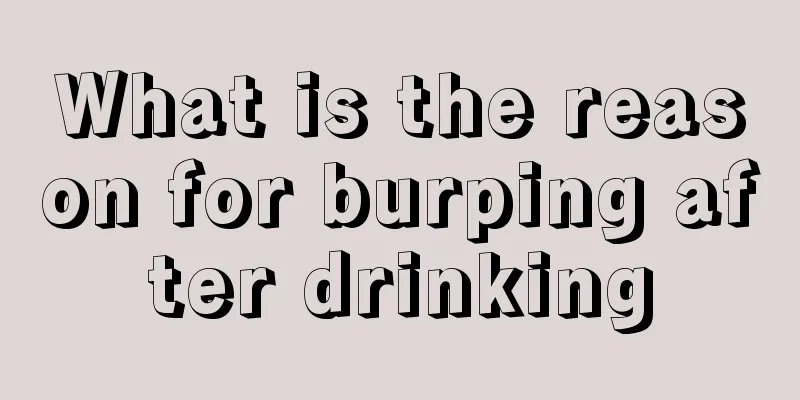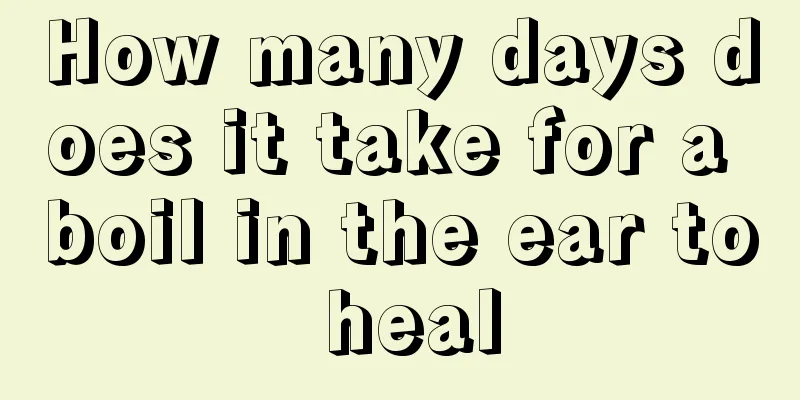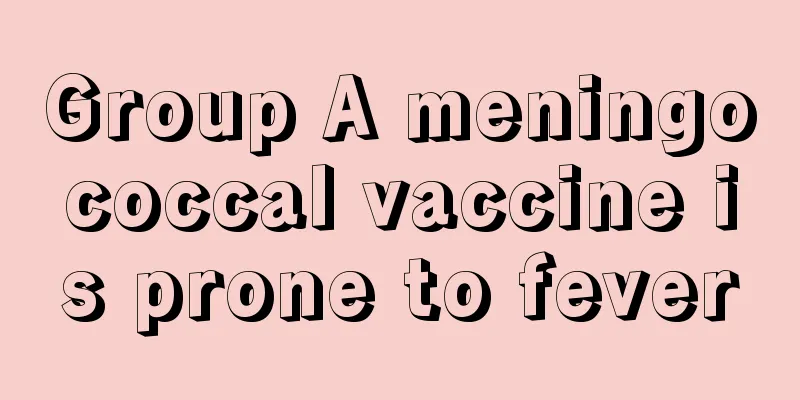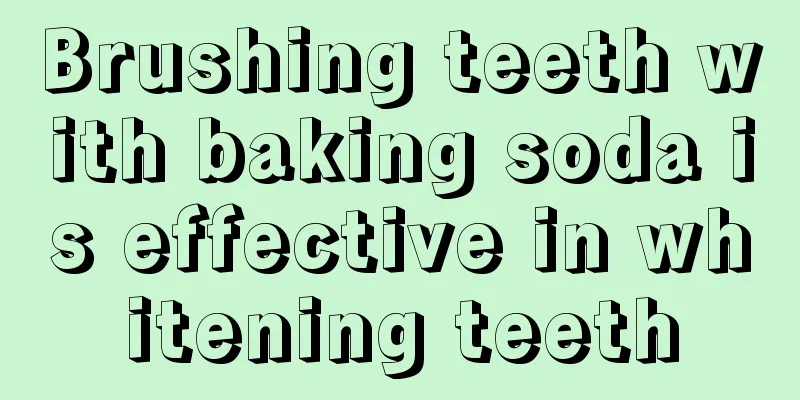What is the reason for burping after drinking

|
Alcohol is a very common drink in our lives, and many people like to drink every day. If you drink moderately, it will be helpful to your health. But if you drink a lot, it will have a lot of impact on your health. Everyone has different reactions after drinking. Some people will fall asleep after drinking, while most people will burp, vomit, feel dizzy and have headaches after drinking. What causes burping after drinking? In traditional Chinese medicine, hiccups are mainly caused by upward flow of stomach qi, while in Western medicine, they are caused by diaphragm spasm. If it is mild, antispasmodic drugs and keeping the abdomen warm can effectively improve the condition. If it is severe, acupoint injection therapy can be used appropriately, which can generally effectively improve the condition. The commonly used method is to inject metoclopramide into the Zusanli acupoint. Causes of diaphragm spasm 1. Central The hiccup reflex arc has a loss of inhibitory function. The most important site of organic lesions is the medulla oblongata, including brain tumors, cerebrovascular accidents, encephalitis, meningitis. Metabolic lesions include uremia and alcohol poisoning. Others include multiple sclerosis. 2. Peripheral The centripetal pathway of the hiccup reflex arc is stimulated. Irritation of the phrenic nerve includes mediastinal tumors, esophagitis, esophageal cancer, thoracic aortic aneurysm, etc. Peridiaphragmatic lesions such as pneumonia, pleurisy, pericarditis, myocardial infarction, subdiaphragmatic abscess, hiatal hernia, etc.; vagus nerve stimulation can cause gastric dilatation, gastritis, gastric cancer, pancreatitis, etc. 3. Others Drugs, general paralysis, post-surgery, mental factors, inner ear and prostate diseases can also cause hiccups. Treatment 1. Take a deep breath If you have hiccups while eating, you can stop eating and take a few deep breaths. This will usually stop the hiccups in a short time. 2. Acupressure When hiccups occur frequently, you can press the "Shao Shang" points on both sides with your fingers or ask someone else to do so. The "Shao Shang" point is located on the radial side of the root of the thumb nail, about 0.6 cm away from the edge of the nail, at the junction of the black and white flesh. When pressing, a certain amount of force should be used so that the patient feels obvious pain. The patient can perform compression by alternating hands. 3. Massage Take a thin stick, wrap one end with cotton (if there is no stick at hand, you can use the thin end of a bamboo chopstick wrapped with cotton instead), put it into the patient's mouth, and use the soft end to massage a point on the midline of the anterior soft palate. This point is located just slightly behind the junction of the hard and soft palate. Generally, one minute of massage can effectively control hiccups. 4. Bend over to drink water When you bend your body to 90 degrees, drink a few gulps of warm water. Since the stomach is closer to the diaphragm, it can warm the diaphragm from the inside. When you bend over, your internal organs will also massage the diaphragm, relieving diaphragm spasms and instantly stopping hiccups. 5. Breath-holding Just hold your breath for 30 to 45 seconds, or take a clean chopstick and put it in your mouth, gently stimulate the back 1/3 of the upper palate, and the hiccups will stop immediately. However, people with poor cardiopulmonary function should use this method with caution. 6. Startle You can also stop the hiccups by patting the person on the back when they are not paying attention. Because fright, as a strong emotional stimulus, can be transmitted through the cortex to the subcutaneous center, inhibiting diaphragm spasm. However, people with high blood pressure or heart disease should use it with caution. 7. Paper Bag Breathing Cover your mouth and nose with a small plastic bag and take 3 to 5 deep breaths. Re-inhaling the exhaled carbon dioxide increases the concentration of carbon dioxide in the blood and suppresses hiccups. 8. Tongue stretching When the hiccups continue, place a piece of clean gauze on your tongue and pinch your tongue with your fingers to stretch it outwards. At this time, you will feel gas rising in your abdomen and the hiccups will naturally disappear. 9. Sneeze to stop hiccups When you have hiccups, if you find a way to sneeze, it will stop the hiccups. You can sniff pepper with your nose to make you sneeze. |
<<: I have the urge to defecate frequently but I can't
>>: Is it OK to take a shower after drinking?
Recommend
Instillation therapy for bladder cancer
Intravesical instillation therapy for bladder can...
Frequent migraines
If a person suffers from frequent headaches, he m...
How to treat blisters on the palms of my hands
If there are many blisters on the palms of your h...
What is the main white blood cell that engulfs bacteria?
White blood cells are very important for good hea...
Are there any side effects of masseter muscle massage?
The face is the most concerned part of women, bec...
Diagnosis methods for lung cancer with different symptoms
What are the methods for diagnosing lung cancer? ...
Low hemoglobin and high platelets
Hemoglobin and platelets are both important compo...
Can I wear sunglasses whenever I want?
Are there any particular requirements for wearing...
Why does my nose bleed while running?
Running exercise is the most common form of exerc...
What are the symptoms of autumn diarrhea and how to treat it?
Autumn diarrhea is a problem encountered by many ...
What is the correct way to take a bath?
Although taking a bath has many benefits to the h...
Is it necessary to take the cholera vaccine
Infectious diseases are our greatest enemy, and t...
What is the reason for the pain in the left back of the body?
Left posterior heart pain mainly refers to pain b...
What medicine is used for conservative treatment of anal fistula
There are many ways to treat anal fistula. Althou...
Analysis of four common ways of colon cancer metastasis
Colon cancer metastasis is a common phenomenon in...









